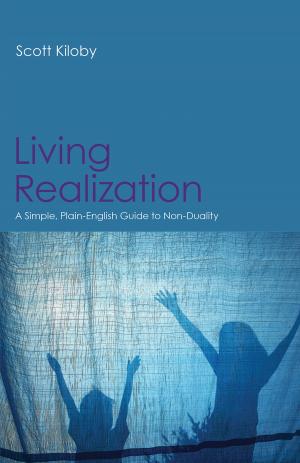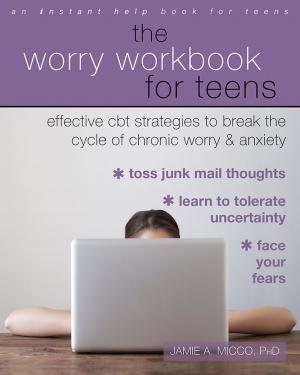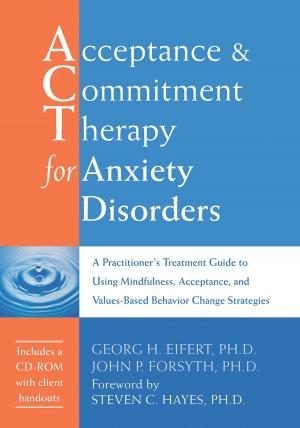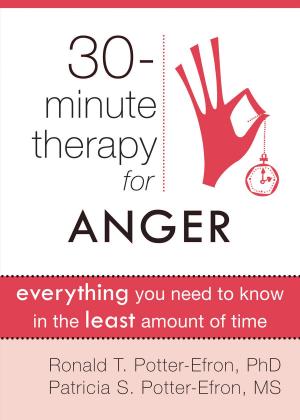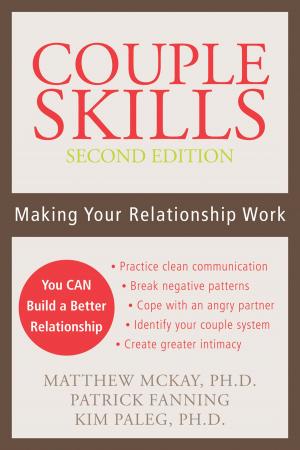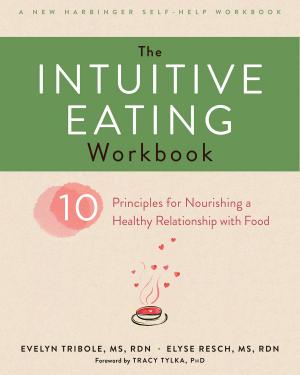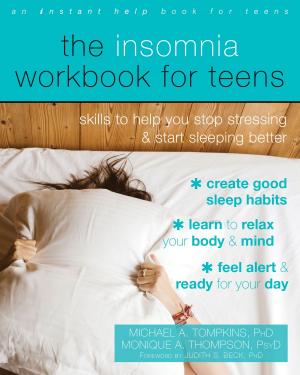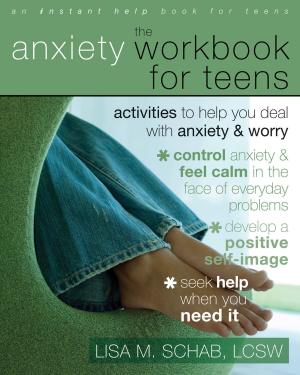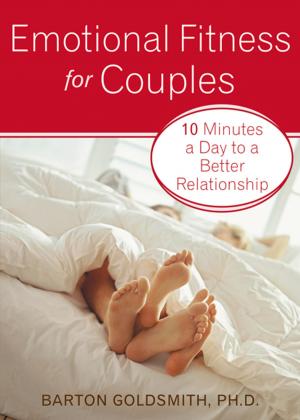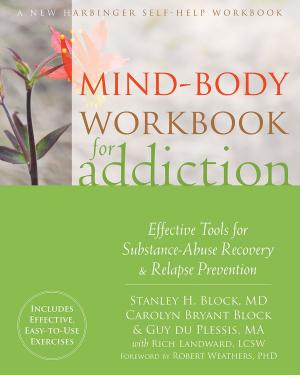The Divorce Workbook for Teens
Activities to Help You Move Beyond the Break Up
Kids, My Family, My Feelings, My Friends, Family| Author: | Lisa M. Schab, LCSW | ISBN: | 9781608827367 |
| Publisher: | New Harbinger Publications | Publication: | March 1, 2008 |
| Imprint: | Instant Help | Language: | English |
| Author: | Lisa M. Schab, LCSW |
| ISBN: | 9781608827367 |
| Publisher: | New Harbinger Publications |
| Publication: | March 1, 2008 |
| Imprint: | Instant Help |
| Language: | English |
It's tough being a teen even in the best of circumstances, but when parents divorce, teens are faced with an additional set of practical and emotional issues. This book gives them everything they need to get through their parents' divorce and keep it from taking a long-term emotional toll. Teens learn how to:
-
cope with the grief, fear, and anger that accompany divorce;
-
adjust to having two homes and changes in financial status;
-
assert their right to be teens, to separate from their parents' problems, and to love both parents;
-
not get caught in the middle of battling parents;
-
understand that the divorce is not their fault and overcome feelings of guilt.
Research tells us that teenagers in single-parent families and in blended families are 3 times more likely to need psychological help and that boys are more likely to become aggressive and girls are more likely to experience depression as a result of divorce. While this sounds like a grim picture, it's important to remember that there is help and that divorce need not leave a painful legacy. The Divorce Workbook for Teens helps teenagers come through their parent's divorce emotionally and psychologically intact.
It's tough being a teen even in the best of circumstances, but when parents divorce, teens are faced with an additional set of practical and emotional issues. This book gives them everything they need to get through their parents' divorce and keep it from taking a long-term emotional toll. Teens learn how to:
-
cope with the grief, fear, and anger that accompany divorce;
-
adjust to having two homes and changes in financial status;
-
assert their right to be teens, to separate from their parents' problems, and to love both parents;
-
not get caught in the middle of battling parents;
-
understand that the divorce is not their fault and overcome feelings of guilt.
Research tells us that teenagers in single-parent families and in blended families are 3 times more likely to need psychological help and that boys are more likely to become aggressive and girls are more likely to experience depression as a result of divorce. While this sounds like a grim picture, it's important to remember that there is help and that divorce need not leave a painful legacy. The Divorce Workbook for Teens helps teenagers come through their parent's divorce emotionally and psychologically intact.

